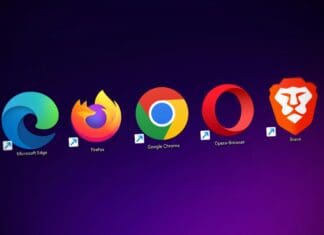This post is also available in:
 עברית (Hebrew)
עברית (Hebrew)
Microsoft set to release Copilot for Security AI tool to help cybersecurity workers produce summaries of suspicious incidents and identify hackers’ methods to conceal their intentions. It is part of the company’s ongoing effort to incorporate AI tools into its major product lines.
Since AI is known to occasionally make errors that range from embarrassing to costly, Microsoft officials claim they have taken extra care to ensure Copilot is safe. Andrew Conway, Microsoft’s vice president of security marketing, explains: “There are a number of things, given the seriousness of the use case, that we’re doing to address [risks],” he said, including seeking constant feedback on the product and where it falls short.
According to Techxplore, the Copilot works with all of Microsoft’s security and privacy software, offering an assistant pane that can produce summaries and answer questions. When a user clicks on each incident, the Copilot can summarize the data and write a report.
Often during an attack, hackers will use complicated programming scripts to obfuscate what they’re trying to do, making it harder to track – the Copilot is designed to explain the attacker’s intentions and aim.
Another advantage of the software is that it would free up experienced cybersecurity workers for more complex tasks and help newer ones get up to speed quickly, which is especially helpful since the cybersecurity industry is suffering from a chronic labor shortage.
More experienced analysts can reportedly ask the tool questions — an analyst could for example ask for evidence that a hacker is moving through BP systems using “living off the land” techniques, which are popular hackers associated with Russia and China.
“The bad guys are getting faster, and we’re having to get faster as well, so tools like this really help us,” concluded Chip Calhoun, vice president of cyber defense of oil giant BP, whose team has been testing the software. The new tools can reportedly also link to security software from companies other than Microsoft.


























